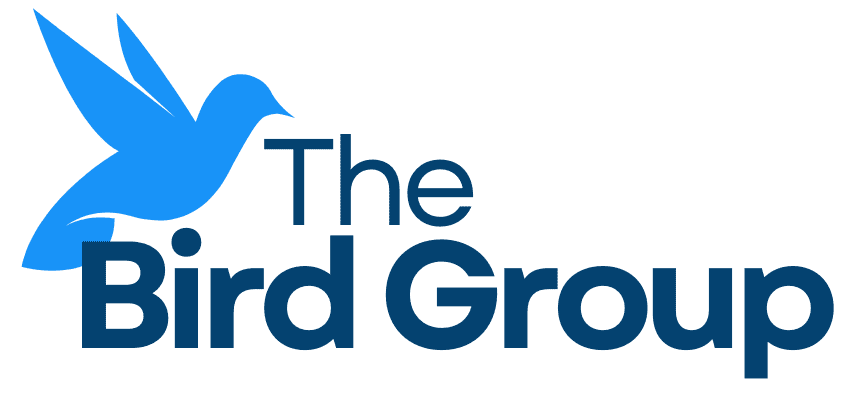The concept of interviewing employees regularly in order to better understand how engaged they are with the company and together develop plans to help them achieve their future aspirations has been around for some time. And yet, it took a full-blown pandemic, followed by The Great Resignation wave on late summer 2021, to bring the idea to the forefront. Stay Interviews are IN! You can now find numerous article discussing the concept, why it’s relevant and how to best execute on it.
The purpose of this article is to focus on how to make your stay interview the most productive. More specifically, what questions get you the most bang for the buck, since questionnaires generally follow the “more is less” principle. Too many questions yield less information than fewer, highly focused questions.
The purpose of the stay interview is simple: we want our employees to stay with us. We do not want our best performers to leave, even when the temptation to do so is greater than ever. The purpose of the stay interview is therefore twofold:
1. Develop a better understanding of our employee’s emotional engagement with the company and their likelihood of departure, and
2. Uncover the underlying reasons that keep employees from leaving.
A stay interview focuses on learning that motivates employees to stay engaged; what’s going right and how to maintain and increase that momentum. Exit interviews, on the other hand, focus on the reasons why employees are leaving the company once that decision has already been made. Stay interviews are proactive, looking for leading indicators. Exit interviews look in the rear view mirror, seeking organizational behaviors that should be avoided going forward.
The common wisdom is for both types of interviews to be conducted by HR. I am not sure it is necessary, especially not when stay interviews are involved. While sharing fully and openly with your supervisor is a high-risk behavior, it can compel both interviewer and interviewee to develop a more open relationship, since their interests are generally aligned.
- Both parties want to improve the employee’s satisfaction and engagement
- Both seek to provide and share valuable feedback
- Generally, both prefer the employee stay with the company (since transition costs are high for both sides) under the right circumstances.
In general, stay interviews should become an integral part of your management regimen. They should be conducted periodically, in an organized but informal manner, and involve active listening on both sides.
One critical principle that applies to all surveys and interviews applies here as well: DO NOT ASK THE QUESTIONS IF YOU ARE NOT PLANNING TO DO ANYTHING WITH THE INFORMATION. If no action follows the interview, the end result is more demoralizing than the point of departure.
Generally, these interviews, in my opinion, should focus on the employee and their relationship with the company, not on the company and it management. Here are some of the questions I like best:
1. What do you look forward to most when you start your workday?
2. What do you dread the most when you start your workday?
2a. A follow up questions: how would you change you job to increase the positive elements and decrease the negative elements of your job? Let’s consider together the practicality of these ideas.
3. When was the last time you thought about leaving the company? Why did you consider it? And, What made you stay?
3a. A follow up question: what will be such a compelling reason to stay that you will not consider leaving the company in the future?
4. Would you recommend our company to your friends and why?
5. What would make your job more satisfying?
6. Do you know how you can succeed in the company? In this job? What is missing?
7. What can your manager do more or less?
8. What recognition type means the most to you and why?
9. Do you know what our major strategies and company goals are, and how you personally help achieve them? Are these goals important to you personally?
10. If you had a magic wand, what would be the top three things you change about your job, work environment or the company?
The first three questions talk to the job elements that inspire and discourage your employee.
The next two questions talk to the main reasons your employee will consider leaving and how to address them preventatively.
The next three questions talk to the employee’s personal perception of the company as a place of work and their ability to succeed in it.
Questions 7, 8 provide direct feedback to the manager about their management style Anne how it fits this specific employee, as well as the most effective methods to reward and recognize this person.
Question 9 talks to the employee’s emotional engagement with the company itself and what it stands for (without using the word “culture”), and question 10 is a catch all question to capture any aspects that were missed by the previous 9 questions.
It is clear why stay interviews are important. Integrating them into your management behaviors is the next step toward taking your entire workforce’s emotional engagement to the next level.
